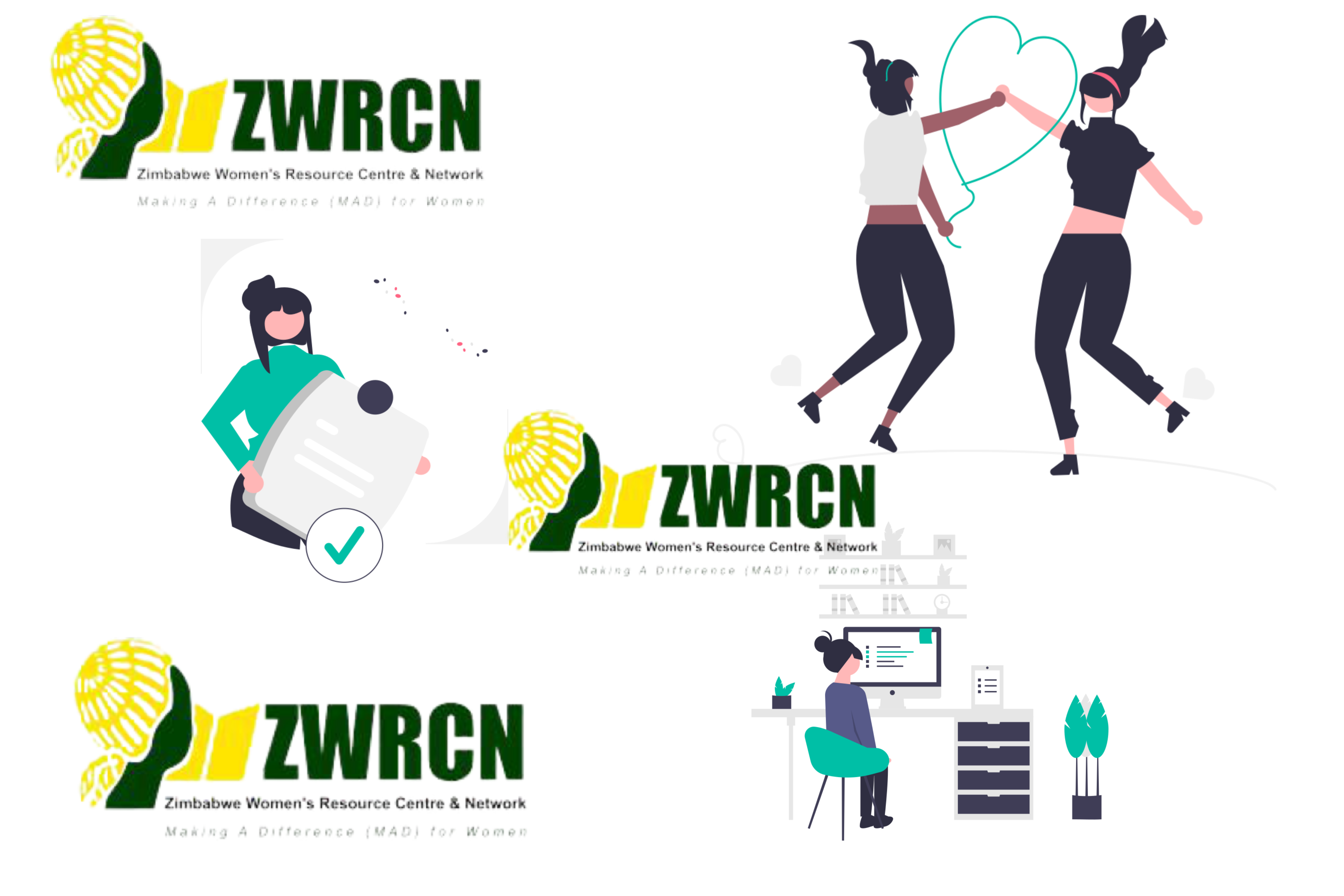Women Movement Building: Film Dialogue Series
archived | 07 Aug 22
On the 29th of February 2016, ZWRCN in partnership with Women Film Makers of Zimbabwe (WFOZ) hosted a Women Movement Building: Film Dialogue Session in which a short film titled ‘Korji’ was screened. The term Korji (Ghanaian native language) means hospitals. The film focuses on maternal health and it shows how women in remote areas suffer when they want to give birth. The short film portrays the importance of hospitals in women’s lives especially when they are pregnant and how scarcity of hospitals in rural and remote areas result in maternal complications such as deaths of newly born babies as well as the mothers in some cases.
After watching the short film, participants engaged in a dialogue in which they highlighted the plight of poor women in rural areas who travel very long distances to go to hospitals, and who sometimes lack knowledge and information on pregnancy such that they end up being assisted by untrained mid-wives. It was also highlighted that men, especially those in rural areas are, to some extent, negligent as far as taking care of their pregnant wives.
All those who watched the short film agreed that in Zimbabwe, hospitals and infrastructure especially in rural areas are dilapidated and most hospitals do not have proper facilities for premature babies such that many preterm babies die at birth. Another speaker reiterated that “NGOs and citizens should seriously lobby the Government and complain about these problems so that solutions can be tabled”. He went on to say, “instead of Ministers or Government Officials driving flashy and expensive cars, that money should be used to build hospitals in rural areas especially the maternity wards and mothers’ waiting shelters”.
It was also pointed out that the media has a big role to play in making sure that the current problems being faced by citizens are well reported so that all members of the society are aware of what is happening in the country. It was mentioned that the media is not doing justice as far as reporting on some of the critical challenges women fact in trying to get quality and affordable public services in the country, and the government’s role in addressing such issues.
